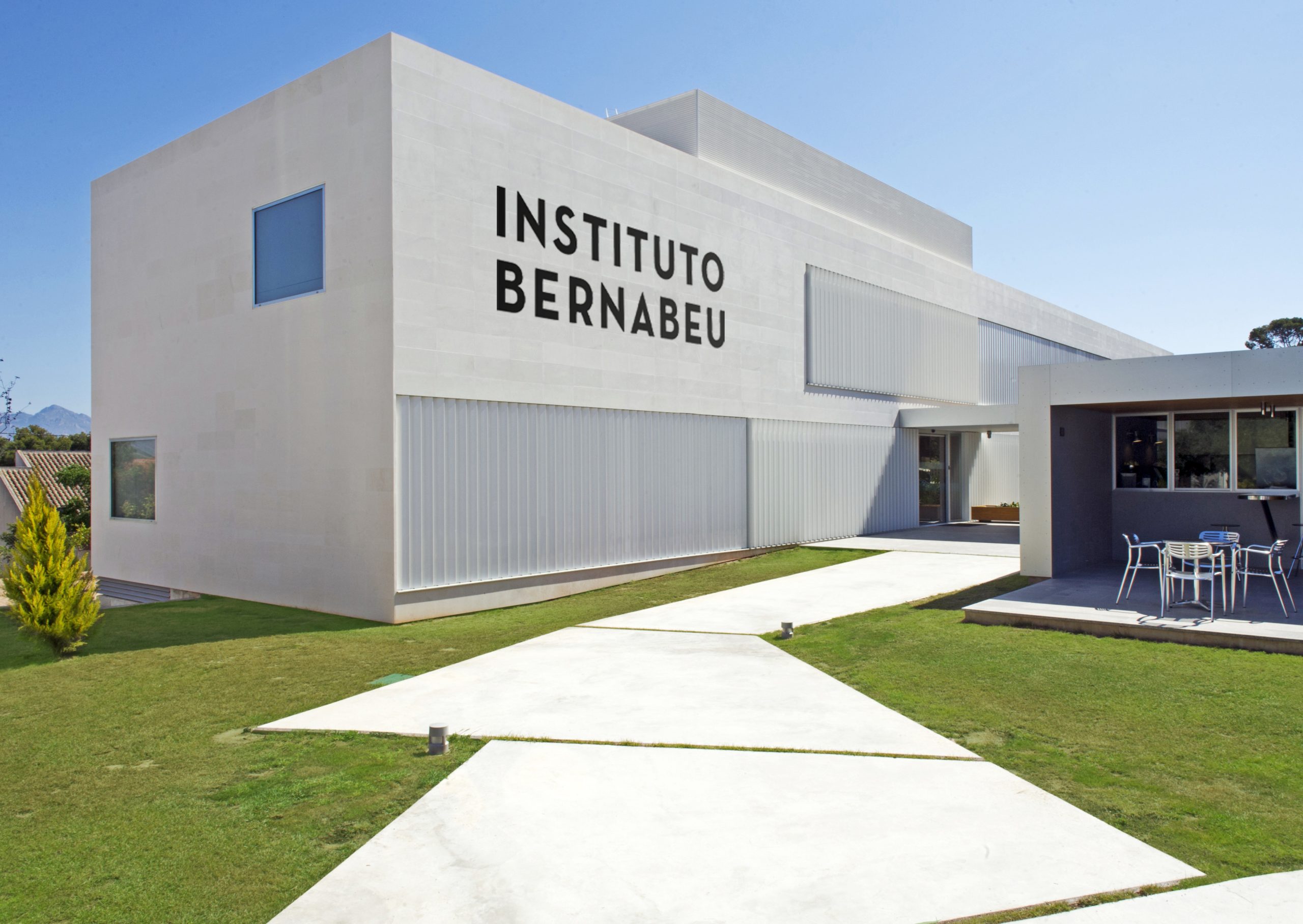- 55% of Group Instituto Bernabeu’s patients come from 137 different countries.
- The quality of reproductive medicine in Spain and the country’s advance legislation are the main reasons for their visit.
Reproductive medicine in Spain is one of the most highly valued in the world. This fact is confirmed by the 13,588 women who came to our country in 2020 to undergo fertility techniques, according to the latest data from the registry of the Spanish Fertility Society (SEF). Our medical professionals’ high level and advanced diagnostic and clinical techniques make the difference.

Destination in undoubtedly an important factor when choosing a clinic. Spain, in addition to the well-known virtues such as climate, culture and gastronomy, has excellent flight connections, which increase in the summer season, and which has led to an increase in the number of patients from all over the world.
The current Spanish law 14/2006 represents a scientific and technical advance compared to other legislations in our neighbouring countries, and today it continues to be a reference, both for the techniques it regulates and for the users or recipients who take advantage of it. Specifically, many of the patients who come to Instituto Bernabeu’s clinics do so because they cannot access certain treatments to have a baby or carry out some diagnostic tests in their own countries. This would be the case, for example, of single mothers, lesbian couples or future parents who wish to access safe and anonymous egg donation programmes or who are looking for genetic answers they cannot access in their countries of origin.

This law allows pre-implantation genetic diagnosis techniques to determine whether an embryo is healthy before implantation in the future mother, something that is not permitted in countries such as Germany. In our country there are strict regulations for gamete donation which, by law, is anonymous and altruistic. In contrast, there is no anonymity in other countries such as the United Kingdom, Switzerland, the Netherlands, Norway, Germany or Denmark, which is why it is possible to carry out techniques that include egg donation or embryo adoption.
According to data from the Instituto Bernabeu Group, currently, more than 55% of the people they treat are of foreign origin. Women from 137 different countries, some as remote as Nepal, the Cayman Islands, the Bahamas, Namibia and Thailand, come at its 8 national clinics located in Alicante, Madrid, Palma de Mallorca, Albacete, Cartagena, Elche and Benidorm.

For more than three decades, Instituto Bernabeu has been at the forefront of reproductive medicine research. The Group of specialised clinics is led by doctors Rafael and Andrea Bernabeu. This renowned Spanish institution has an extensive track record and its milestones include the birth of a child using spermatids for the first time in Spain and sixth in the world, and the recent creation of the first artificial intelligence (AI) unit dedicated to reproductive medicine. Every day, 3 babies are born in the world thanks to Instituto Bernabeu’s professionals, which has already surpassed 150,000 clinical records since it first open.
For more information, visits www.institutobernabeu.com or call +34 900 922 902


